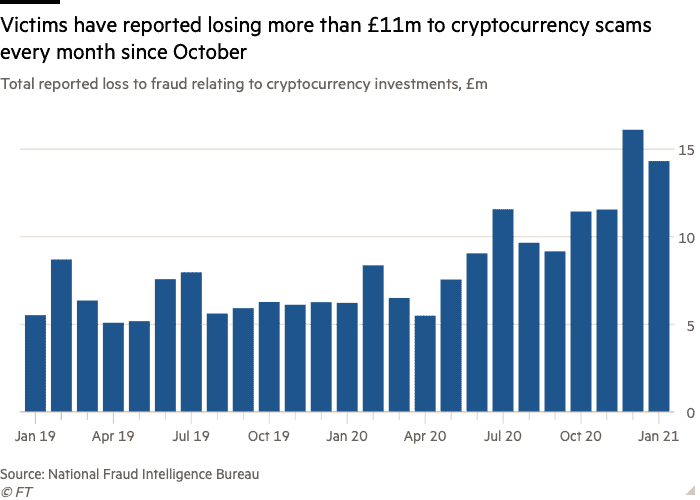Instagram big boy Jay Mazini caught in Bitcoin web, steals over $2.5 million from unsuspecting victims
First of all I want to teach you on how to start a DAO. If you are looking to launch a DAO, it is important to first define the goal and purpose of the organization, as well as build a community of individuals who share interests that align with your goals. Next, set up funding goals and a DAO treasury to raise capital for the organization's operations, and allocate governance tokens to measure the voting power of members. Finally, implement a mechanism for processing proposals and handling votes using open-source solutions such as Aragon, DAOstack, or Syndicate, depending on the type of functionality your DAO will provide. Examples of different types of DAOs include protocol DAOs, philanthropy DAOs, investment DAOs, and collector DAOs.
Jay Mazini, a popular Instagram influencer has been caught in a Bitcoin web. He has been accused by U.S. law enforcement of being the brain behind a million-dollar Bitcoin scheme.
Here’s the backstory…
Jegara Igbara, aka Jay Mazini, is a popular Instagram figure when it comes to giveaways. He is known to give huge sums of money to strangers. In the course of his charity work, Manzini has had collaborations with rapper 50 Cent and reggaeton singer Nicky Jam to give away money to employees working at a fast-food restaurant.
Sadly, beyond his giveaways, the influencer appears to have had other intentions. Amid the Bitcoin boom, Mazini began posting ads on his Instagram stories with an offer to buy Bitcoins at premiums of 5% above market value. According to him, he wanted large amounts and crypto exchanges wouldn’t allow him to buy.
While this raised a lot of red flags because there are P2P platforms like Localbitcoins, some of his followers decided to do business with him. They would send him Bitcoins after he had sent images of payment.
The supposed fiat payments were all doctored images and the money was never received. According to the U.S. Department of Justice, Jay Mazini relied on the trust he had built as a popular influencer to unsuspecting victims. The government agency wrote:
As we allege, Igbara’s social media persona served as a backdrop for enticing victims to sell him their Bitcoin at attractive, but inflated, values. A behind-the-scenes look, however, revealed things aren’t always as they seem. There was nothing philanthropic about the Bitcoin transactions Igbara engaged in with his victims. A quick search of the Interwebs today will reveal an entirely different image of this multimillion-dollar
Mazini was able to swindle his followers up to the tune of $2.5 million. The long arm of the law appears to have caught up with his and if convicted, he could face up to 20 years’ imprisonment.
The lesson here is simple. All that glitters is not gold.
Crypto-related are on the rise. According to data from the eNational Fraud Intelligence Bureau, the number of crypto-related has doubled since last year. Meanwhile, the number of victims within the same period has almost tripled.





